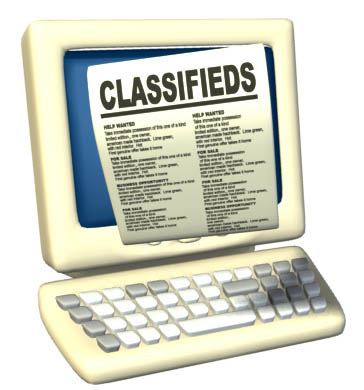Do you have the right tools for your search?
Like most recruiters, I attend too many networking events. Once a person hears that I’m a recruiter, they generally want to engage me in some conversation that usually ends up with giving me a business card or resume. WRONG TOOLS.
Even when I meet candidates, not for an interview, but just to help them in their search they give me a business card and a resume. WRONG TOOLS.
Most candidates don’t have the right tools for the right purpose or they have one set of tools for every aspect of their job search. WRONG AGAIN.
When one is trying to fix anything, they need the right tools to do the job correctly. Would you try to hang a picture on your wall using a 16 pound sledge hammer?
One tool does not fix all problems – same with a job search.
At a minimum, there are two types of tools you need to use during a job search. One set is for networking, and the other set is for use when applying for a position, interview, responding to ads, or anything directly related to a specific position.
Networking tools are designed to accomplish a couple of specific goals:
1) Assist the person or contact in remembering you and something about you. The contact needs a tool to identify you from all of the other contacts in their stack of business cards. This is so they can refer you. In two weeks, most contacts don’t know which Pat you are in the stack, if Pat is male or female, or what industry Pat has experience in. Not a good way to get a referral.
2) Assist with referrals and introductions. How many times have you had a networking meeting with anyone and walked away with a specific referral to a hiring manager, HR person, lead directly into a company that fits your background, or someone other than a service provider or recruiter. It happens, but this is less often.
These two things happen because most candidates don’t have the correct networking tools. They too often just hand the person their resume and a general business card. THESE ARE NOT NETWORKING TOOLS. Stop using them. They are the wrong tools.
Get the right tools.
1) Use networking business cards. These cards use the back of the card. On the back is a list of industry experiences, titles, target companies or anything that will help the person remember you from all the rest in their stack of cards.
2) Use a bio not a resume. Don’t just use a generic bio. Use a targeted and focused bio on what introductions and referrals you are seeking. The bottom third of the bio should list the specific company names and people you want to meet. This way when the contact is looking at your bio they can easily identify if they know the company or person. Then right there on the spot they will often indicate they can facilitate an introduction.
There are other tools you need, but these are the most important.
Good networking tools help people help you by remembering who you are and what connections you are seeking
To download the free chapter on Conducting an Effective Phone Interview from our book “This Is NOT The Position I Accepted” CLICK HERE and then click on the Free Search Resources link.
How effective is your job search? If you are not sure, download our free 8 Matrix Job Search Self-Assessment Scorecard. CLICK HERE and then click on the Free Search Resources link.
I welcome your thoughts and comments.
Brad Remillard






